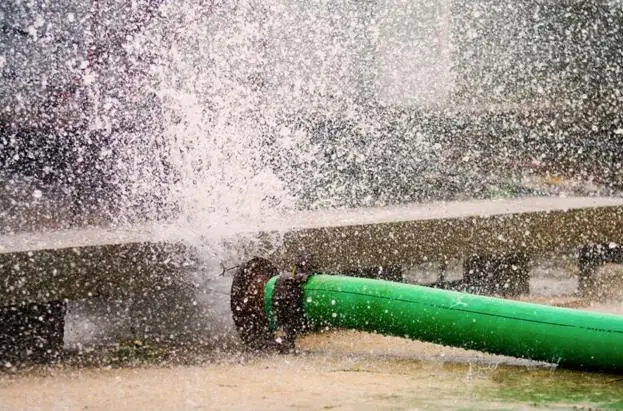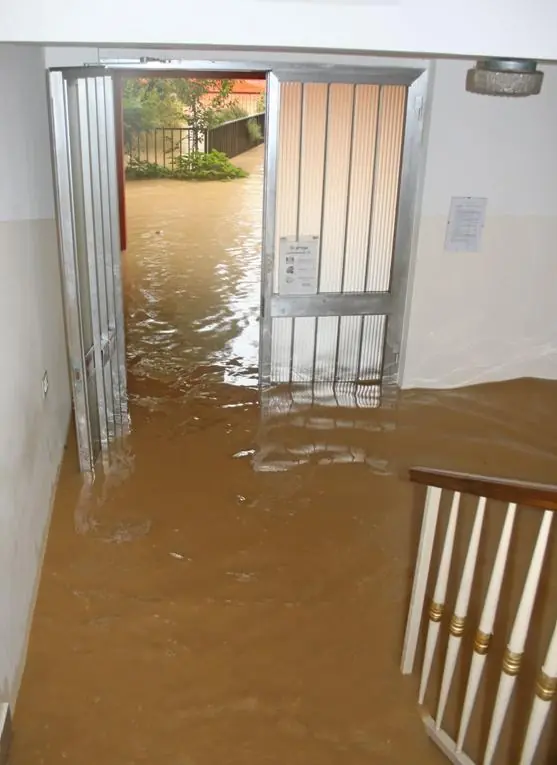Homeowners: Watch Out for Water Exclusion Clauses
If you’re a homeowner, you don’t need to be told just how expensive it can be to make major repairs to your property. Even things that seem small can sometimes end up costing thousands, and bigger jobs easily climb into the tens of thousands – especially if there’s structural damage or changes to the plumbing or electrical wiring are involved. That’s why there’s homeowner’s insurance—by making regular payments to your insurance company, you’re getting the peace of mind that if disaster does strike, you won’t be footing the repair bill yourself. But what if you dutifully pay your insurance premiums every month only to discover that when you need to file a claim, your insurance company denies your claim based on an exclusion clause?
Homeowner’s and renter’s insurance policies often have several major exclusions, such as earthquakes, landslides, nuclear hazards, and government action. Some homeowner’s insurance policies also have certain exclusions related to water damage, which is one of the most common reasons for homeowners to file a claim. In order to avoid being taken by surprise after your home has been damaged, here’s a look at some water exclusion clauses you might find in your insurance policy.
Flood Damage
Most homeowner’s insurance policies do not cover flood damage, which is defined by the National Flood Insurance Program (NFIP) as “an inundation of two or more acres of normally dry land area by inland or tidal waters.” Flood insurance must be purchased as a separate policy, federally backed by the NFIP. For Florida homeowners, renters, and businesses, it’s important to understand the key difference between flood insurance and water damage insurance.
Groundwater Damage
Although it might seem like it should be included, homeowner’s insurance doesn’t cover damage from groundwater. This includes sewer water getting into your home through drains in the basement and water seeping into the foundation after a heavy rain. This type of water damage is relatively common during rainy seasons, and homeowners should consider installing a sump pump if they don’t already have one, in order to reduce the risk of this type of damage. Many insurance companies will allow you to buy a policy that covers damage in the event of sump pump failure; if your company doesn’t offer it, you may want to consider switching to another insurer.
Damage in an Unoccupied Home
This is a clause that might take some seasonal Florida residents by surprise: some insurance companies will deny your claim if water damage occurred from burst pipes after you have been away for more than 30 days. However, an exception applies if you turn off the water supply, drain the pipes, and drain the water heater before you leave, which should prevent pipes from bursting in the first place.
Unreasonable Insurance Company? Get Help
The best way to avoid unpleasant surprises when you file an insurance claim is to make sure you’ve read your policy clearly and have asked your provider to explain any clauses you don’t understand. However, if you’ve read your policy thoroughly and believe that your insurance company is delaying or denying your claim in bad faith, you need to fight back. Contact a South Florida attorney who has experience with bad faith insurance litigation in order to give yourself the best chance of getting the payment you deserve.
About the Author:
Lawlor Winston White & Murphey. He has been recognized for excellence in the representation of injured clients by admission to the Million Dollar Advocates Forum, is AV Rated by the Martindale-Hubbell Law Directory, and was recently voted by his peers as a Florida “SuperLawyer”—an honor reserved for the top 5% of lawyers in the state—and to Florida Trend’s “Legal Elite.”

